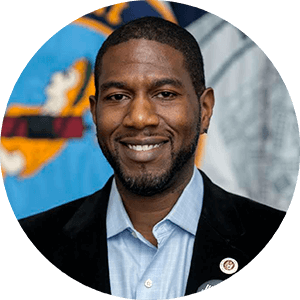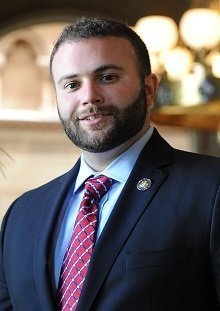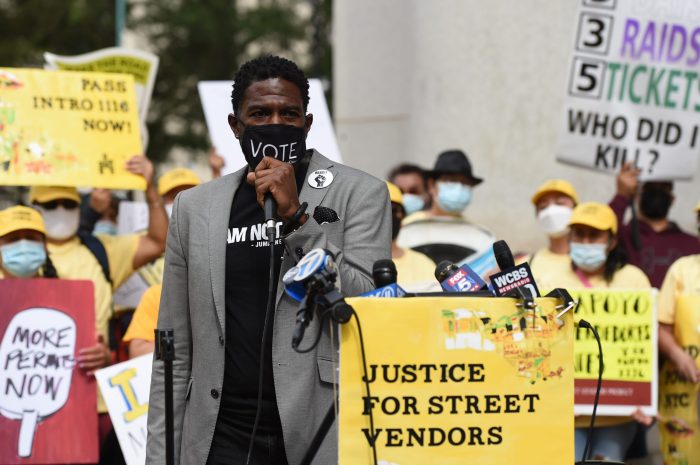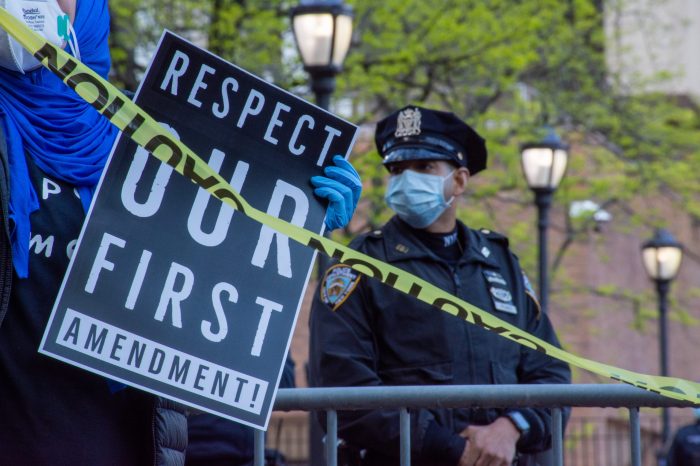
Public Advocate Jumaane Williams is looking to put more bite and less bark into his office with a series of new proposals that he unveiled at a NYC Charter Revision Commission hearing at Brooklyn Borough Hall last night.
But his Republican opponent in the upcoming November special election, City Councilman Joe Borelli (R-SI) doesn’t completely agree with the proposals, questioning their ability to advance the effectiveness of the office.
Williams proposed the following three reforms to the office:
- Independent Budget: The Mayor and the City Council currently determine the budget for the Office of the Public Advocate, which is inconsistent and subject to the political whims of these parties every year according to Williams.
- Subpoena Power: At present, the Charter states that the Office of the Public Advocate “shall have timely access to those records and documents of city agencies which the public advocate deems necessary to complete the investigations, inquiries and reviews.” However, city agencies are not clearly legally obligated to comply with these requests without a subpoena, delaying investigations that the Office of the Public Advocate is required to conduct.
- Standing to Sue: The Public Advocate’s standing to sue on behalf of the office’s 8.6 million constituents is unclear, at best. In addition, the Law Department has determination over which cases can be pursued, which violates the intended separation of powers among city officials. Granting the office clear standing to sue is an essential tool that the Public Advocate requires in order to improve transparency and accountability in New York City.

Borelli responded that some of Williams’ ideas were ok, but said for the most part, the reforms still lacked authority.
“Subpoena power is a good step, however it is still unclear what the Public Advocate would actually do with the new documents and information they would have access to. They still lack the authority or even the political capital to change anything,” said Borelli.
Borelli instead would like to see the office get control of the Department of Investigation (DOI), a key reform he believes will give the office the political power it is lacking.
“I certainly agree that the Advocate should have appointments and ex officio seats on the boards that govern our lives, but I have urged the commission to also place the DOI under the purview of the Public Advocate and have a bill in the council to do just that,” said Borelli.
Last month, Borelli proposed a bill that would move the DOI from the the mayor’s office to the public advocate.
Borelli first announced his bid for Public Advocate on April 11 with the support of all five chairmen of the borough Republican parties.
The office of public advocate was first created in 1993 and serves as a direct link between the electorate and their elected officials by acting as a watchdog for all New Yorkers.
The public advocate acts as an ombudsman for city government, providing oversight for city agencies, investigating citizens’ complaints about city services and making proposals to address any shortcomings or failures of those services. It is also the first in line to succeed the Mayor.
Last night’s hearing is one of a series being held across all five boroughs in which the NYC Charter Revision Commission is opening up their recommendations for public feedback. The Bronx, Manhattan and Staten Island are slated for upcoming meetings.
Williams’ proposal will be reviewed under the NYC Charter Commission who will then decide if the proposals will make the November ballot.




































